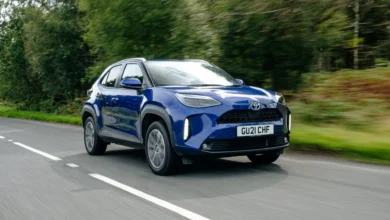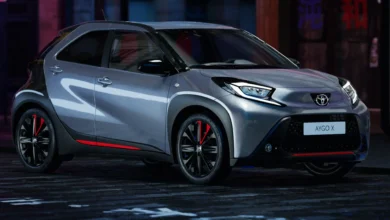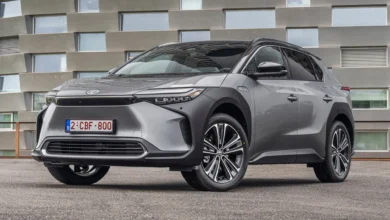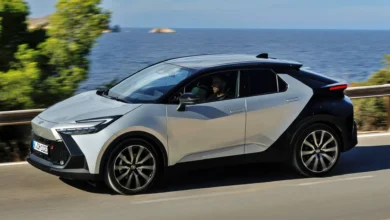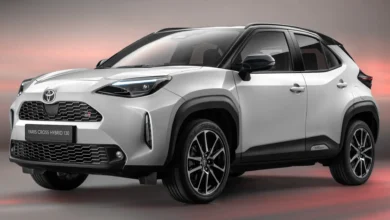
Toyota is developing a lightweight fuel cell truck for the mass market. Together with the commercial vehicle manufacturers Isuzu and Hino and the Commercial Japan Partnership Technologies Corporation (CJPT), the group is working on a fuel cell truck for goods transport.
Even if goods are mostly transported by rail or ship, the last step, i.e. transport to the supermarket or retailer, usually takes place by road. The light trucks used for this are often equipped with cooling and freezing functions and sometimes have to cover long distances to visit several locations on the same day.
Toyota argues that it is often not possible to charge a battery for a long time. Fuel cell technology, on the other hand, enables rapid refueling with hydrogen, and the range also tends to be longer than with BEVs. Toyota has not yet announced technical data for the vehicle.
Toyota is cooperating with partners to get the FCEV truck on the road as quickly as possible. Hino and Isuzu contribute their truck know-how, both companies are associated with Toyota: Hino belongs to the Toyota Group, and Toyota has a stake in Isuzu. CJPT is responsible for planning. Toyota itself contributes the hydrogen technology from the Mirai.
From the beginning of 2023, the fuel cell truck will initially be tested in Japan. The commercial vehicle will be used at the partners’ sales locations in Fukushima Prefecture and for social projects in Tokyo.
At the same time, Toyota has also agreed to work together to launch battery-electric mini-commercial vehicles. Here, too, the group cooperates with CJPT, as well as the small car specialists Suzuki and Daihatsu.

The mini useful creatures are intended for the “last mile” – for places where larger vehicles cannot be used. These vehicles account for around 60 percent of commercial vehicles in Japan. The electric pickup truck is to be used in social projects in Fukushima Prefecture and Tokyo.
According to Toyota, the problems with the electrification of mini-commercial vehicles include the higher vehicle costs, the costs of charging infrastructure, and the charging time during which the vehicles are not usable. These problems are to be solved by a new “BEV system” that Toyota, Suzuki, and Daihatsu want to develop.
